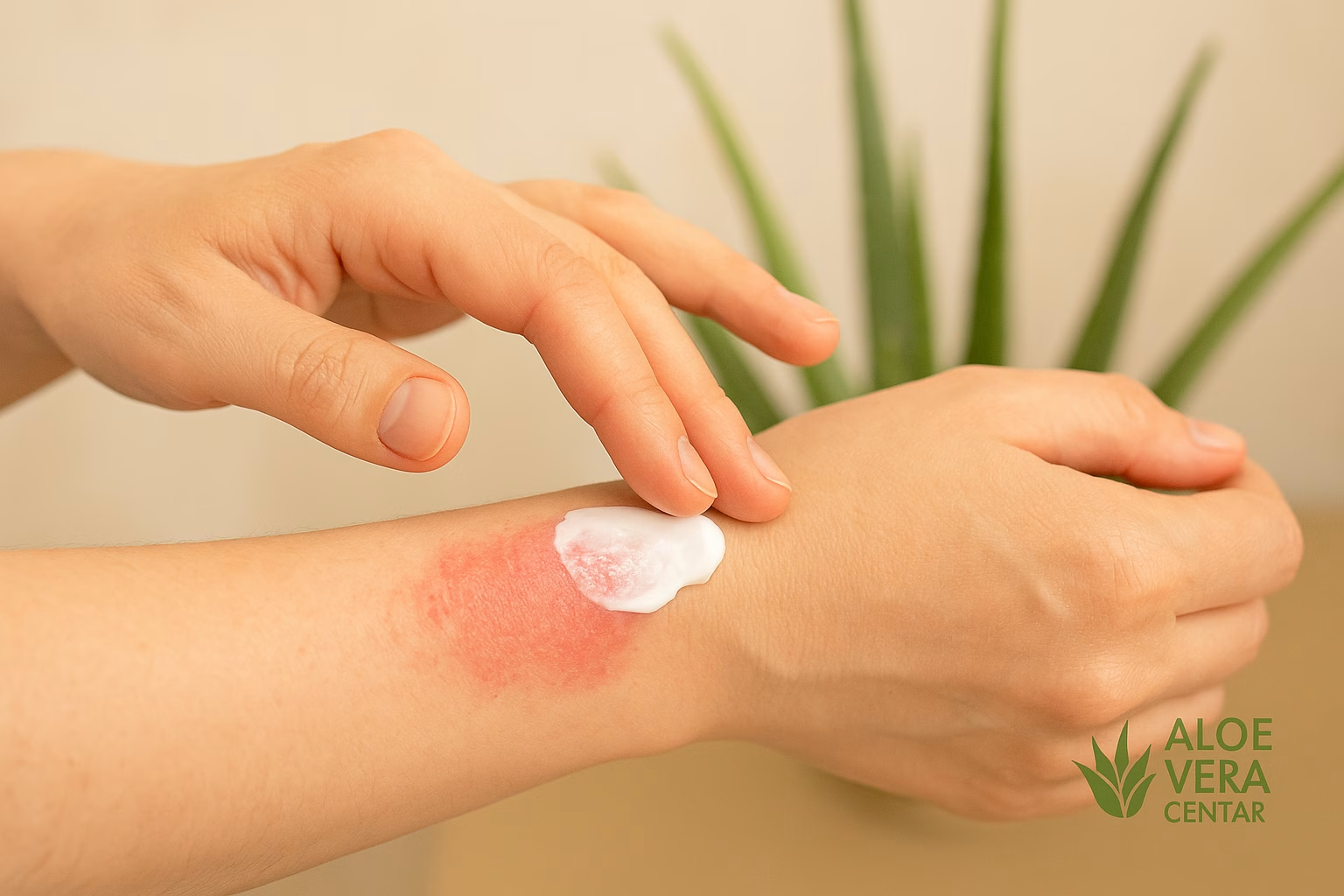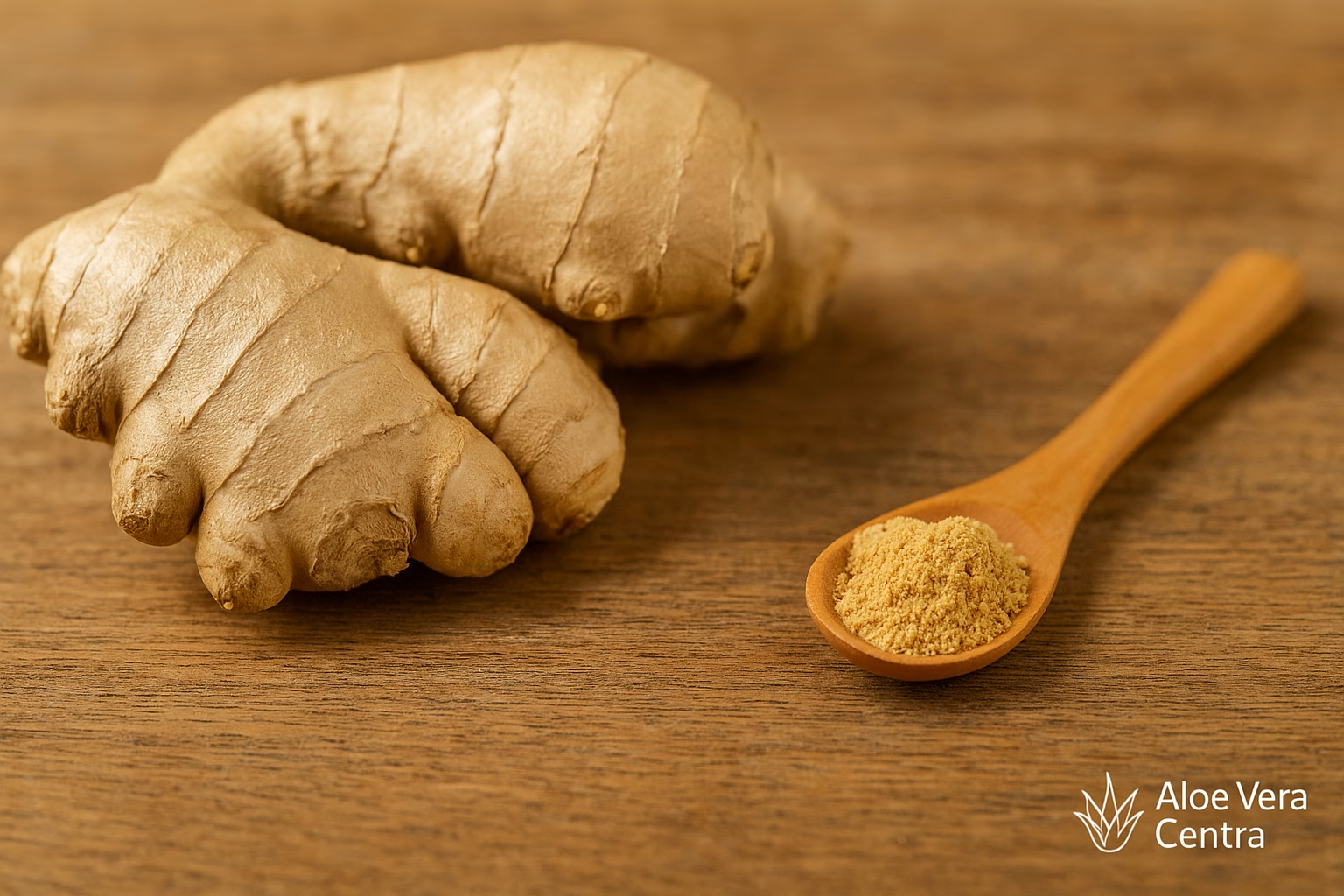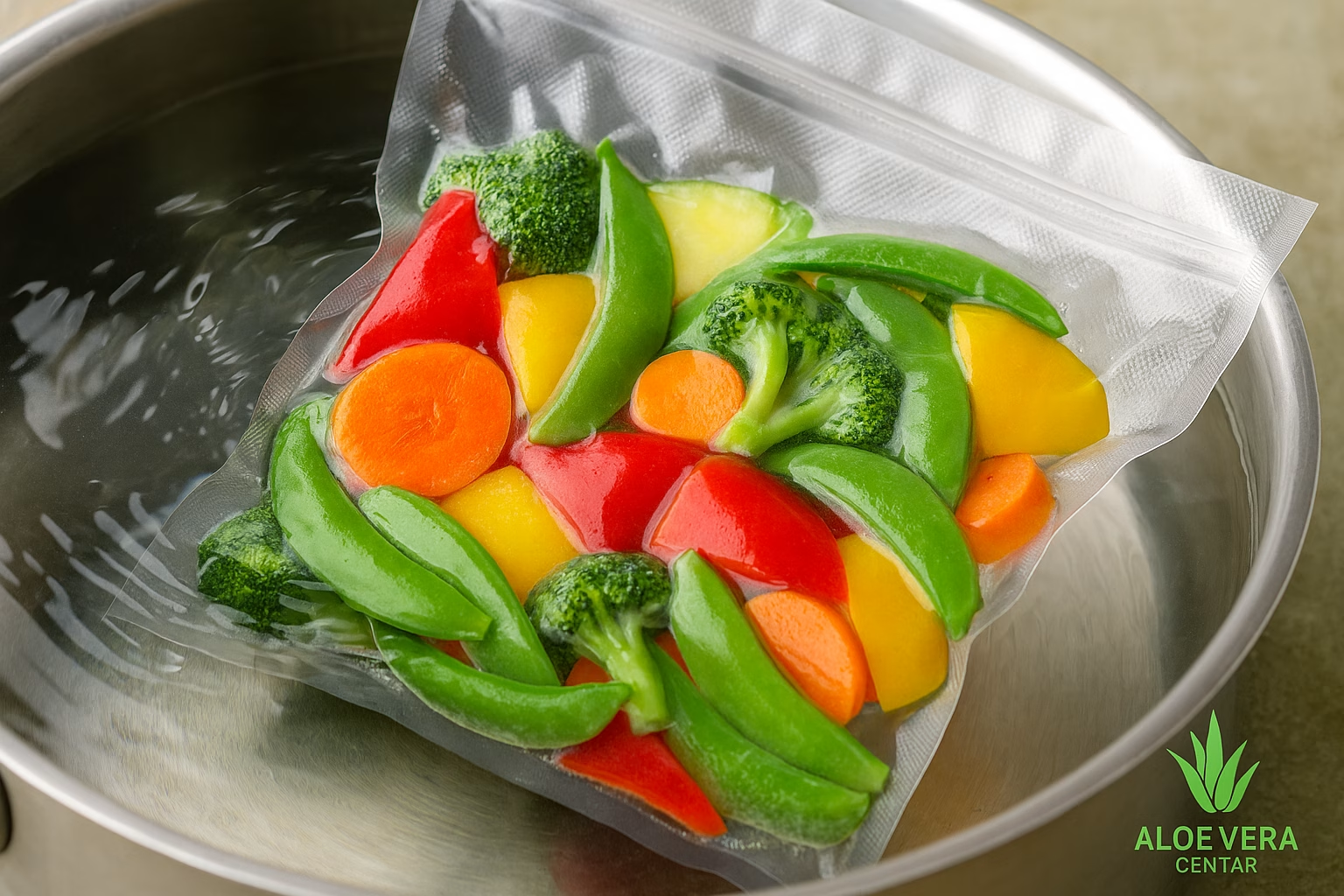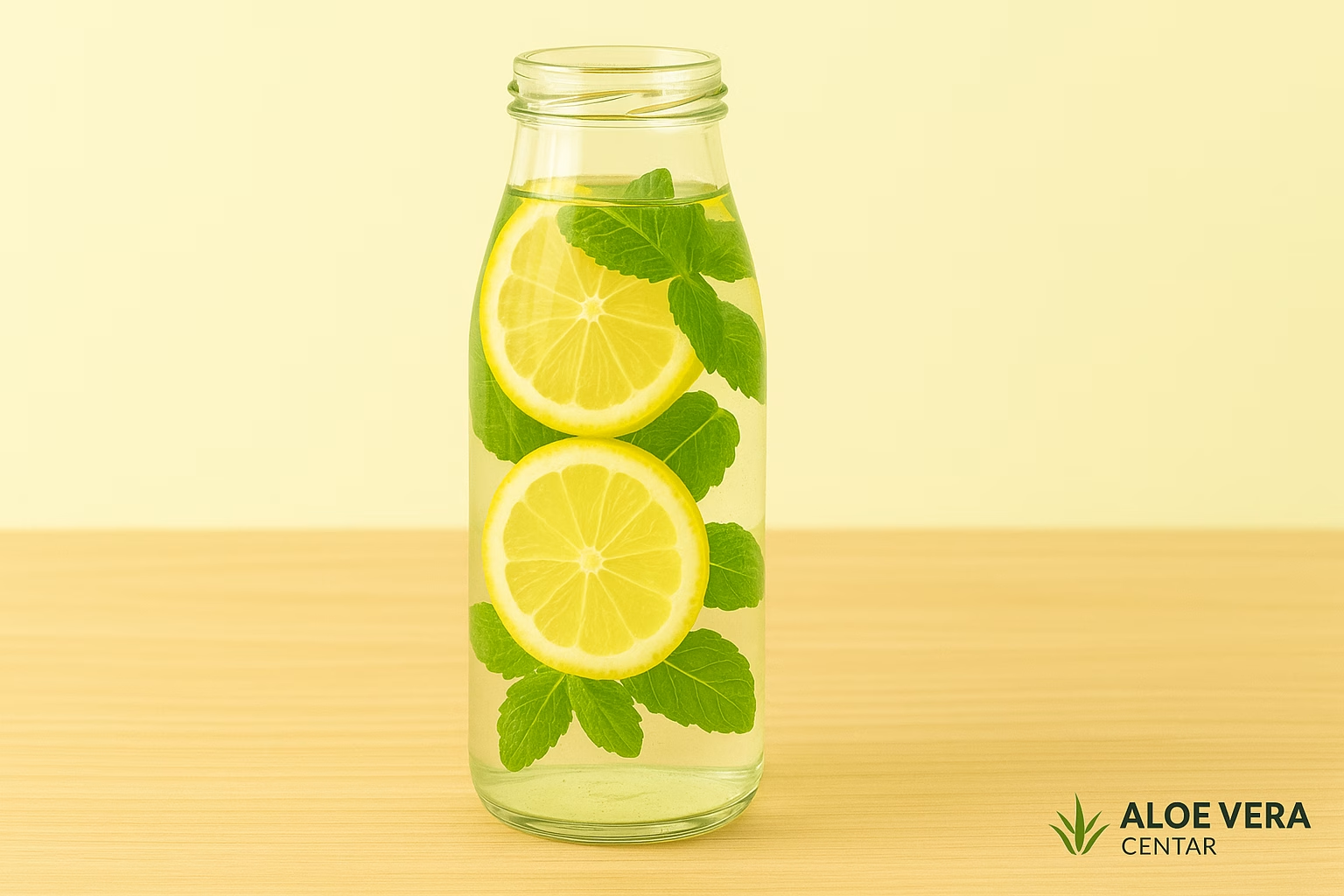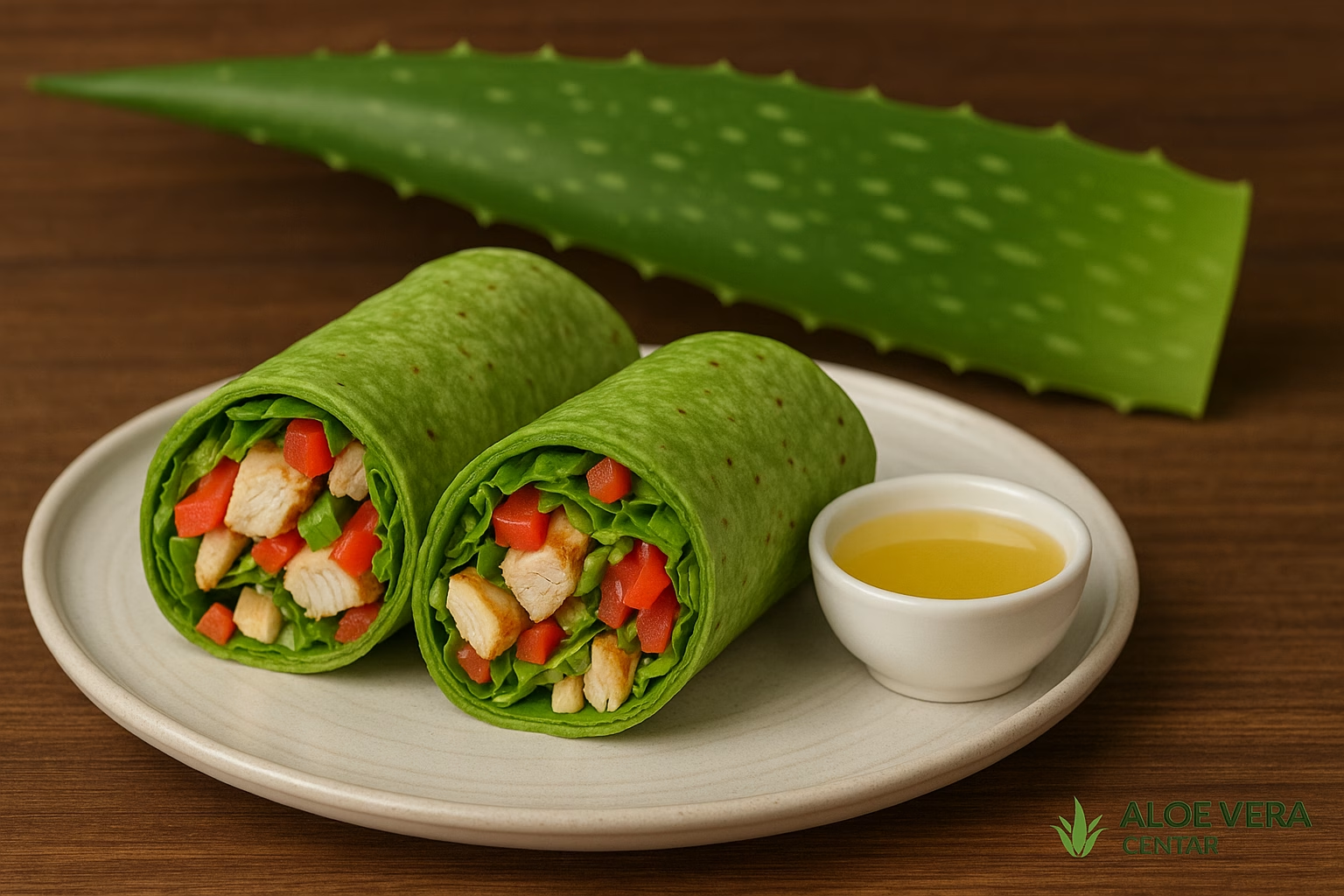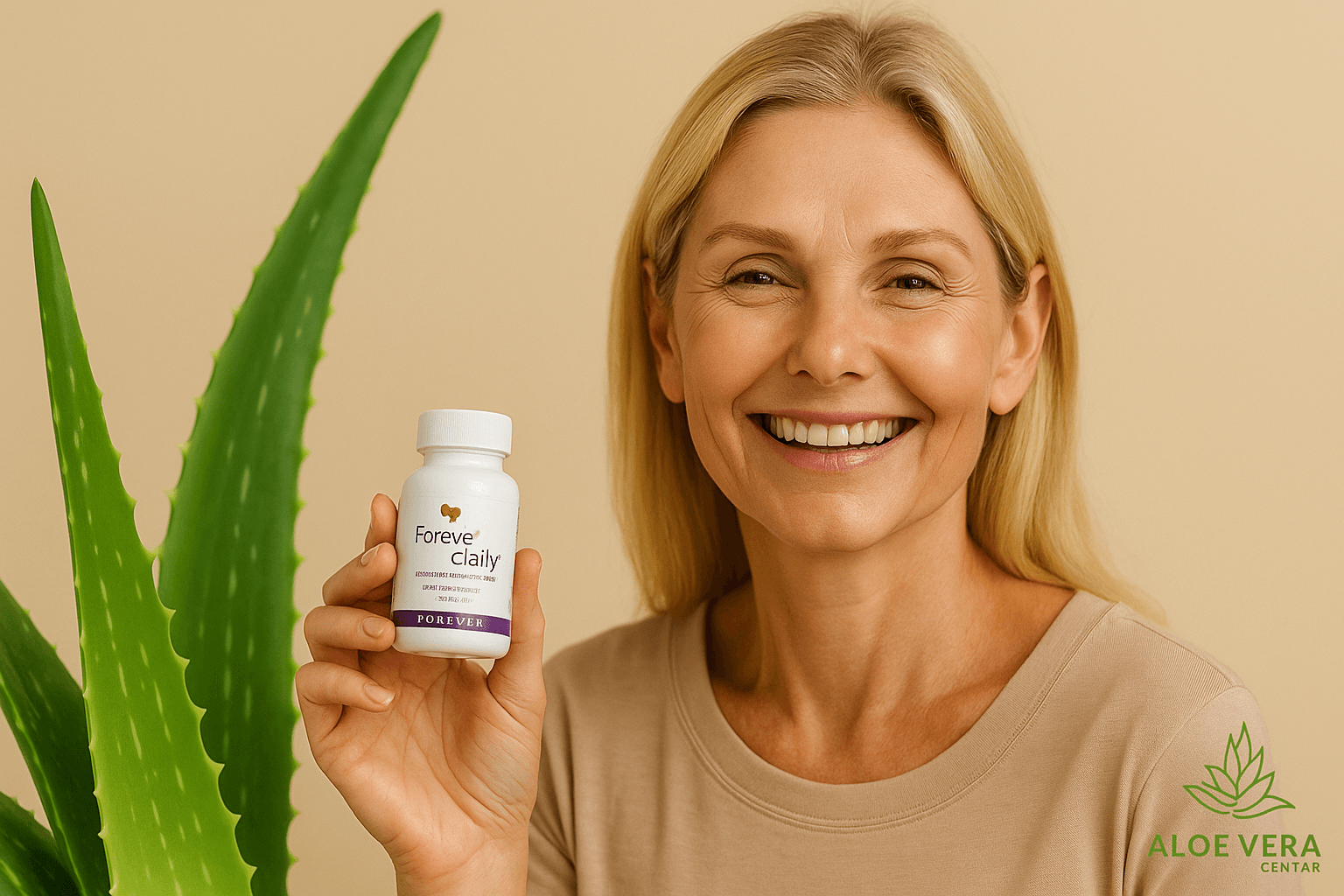
Aloe vera through history! What should we know about this plant?
Aloe Vera through history: How this plant became synonymous with health and longevity
Aloe Vera has historically been known as the “plant of immortality” and “silent healer”, and its benefits have been recorded in the writings of ancient physicians and in religious scriptures around the world. It is a plant that, despite its modest exterior, hides a wealth of vitamins, minerals, enzymes and amino acids. It is precisely because of these ingredients that Aloe Vera has been used to support human health for millennia – for external use as protection and aid in skin recovery, but also for internal use, where it helps regulate digestion, strengthen immunity and maintain the vitality of the body. Today, thanks to modern processing and stabilization technology, pure Aloe Vera gel is available to everyone, which gives us a unique opportunity to use the best of this “divine” plant, both in our daily health routine and in the development of online businesses related to its products.
Below, learn all about the historical significance and fascinating story of Aloe Vera, its botanical origins, composition, effects on the human body, and ways you can integrate it into your everyday life. We also discover how ancient civilizations used it, why modern medicine is increasingly exploring it, and what are the key guidelines for purchasing and using high-quality products based on this powerful plant.
Aloe Vera through history: From ancient myths to modern science
Aloe Vera, botanically known as Aloa barbadensis Miller , has been mentioned in many ancient cultures. Its name is found in the writings of ancient physicians and founders of medicine, as well as in the Bible (John 19:39-40). Ancient civilizations, such as the Egyptians, Greeks and Romans, bestowed divine status on it due to its ability to heal wounds, soothe burns and provide refreshment in desert conditions. In some cultures, this plant was believed to bring immortality, and wars were even fought over the fertile areas where Aloe Vera naturally grew.
In the mid-20th century, Aloe Vera experienced a “rediscovery” thanks to new technologies that allowed the gel to be stabilized and its valuable ingredients to be preserved. While in ancient times the gel was only available to those who grew the plant themselves or lived in tropical and dry climates, today high-quality and stabilized Aloe Vera is available worldwide. This has transformed its application – from a local, traditional use, it has become a globally accepted natural food supplement and cosmetic base enjoyed by millions of people.
Botanical origin and appearance of the plant
Although many people superficially compare Aloe Vera to a cactus because of its fleshy, spiky leaves, it is botanically a member of the lily family. There are over 300 species of Aloe, but only four, including Aloa barbadensis Miller , have clinically proven medicinal properties. It is the true Aloe Vera that is richest in vitamins, minerals, amino acids, enzymes and other beneficial ingredients found in the transparent gel of the leaves.
Aloe Vera grows in warm and dry regions, such as Africa, but also on other continents where a dry climate prevails. The tall leaves can reach a height of 60 to 90 cm and weigh up to 2 kg. The plant achieves its greatest healing properties after the age of four, when its outer leaves can be picked and processed by hand to obtain fresh gel. The key advantage of Aloe Vera is its ability to “seal” damage to the leaves and prevent moisture loss, which allows it to survive long dry periods.
Thanks to an evolutionary adaptation, Aloe Vera belongs to the group of xeroids, plants that can preserve water reserves even in the harshest climatic conditions. It is this mechanism that explains its exceptional ability to regenerate and the richness of the watery gel inside its leaves.
You can read more about growing Aloe Vera in Stan here!
Technology development and gel stabilization
One of the biggest breakthroughs in the modern use of Aloe Vera is the cold stabilization process , which allows the fresh gel to be preserved in a nearly unchanged form. Since the gel oxidizes quickly when exposed to air, it is crucial that all processes – from harvesting to packaging – take place close to the plantations. If the gel is contaminated too early or if it is not handled with care, its quality and effectiveness are significantly reduced.
Forever Living Products, for example, has developed a patented stabilization process that retains more than 200 beneficial ingredients from the gel. Such products have become in demand on the global market, especially in Japan and Germany, countries that attach great importance to the scientifically confirmed nutritional and medicinal properties of herbal products.
Key Ingredients: Why is Aloe Vera Extremely Beneficial?
Aloe Vera is like a true “nature’s pharmacy” because it contains a synergistic blend of vitamins, minerals, amino acids, enzymes and other phytonutrients that work together to exert extraordinary effects on human health. Scientists believe that it is this synergy, and not just one isolated compound, that is responsible for its incredible effectiveness.
Vitamins
Aloe Vera contains at least 12 vitamins, including:
- Vitamin A (beta-carotene) – important for eye and skin health
- Vitamin C (ascorbic acid) – a powerful antioxidant that supports immunity
- Vitamin E (tocopherol) – protects cells from oxidative stress
- B vitamins (B1, B2, B3, B6) – essential for energy and metabolism
- Vitamin B12 – rarely found in the plant world, important for the production of red blood cells
Minerals
Aloe Vera contains more than 20 minerals, such as:
- Calcium , phosphorus, potassium and sodium – for bone health and electrolyte balance
- Iron, chromium, copper and zinc – essential for the proper functioning of blood cells and enzymes
- Selenium – antioxidant activity and immune system support
Amino acids
Aloe Vera contains 18 of the 22 amino acids needed by the human body, including 7 of the 8 essential ones that the body cannot produce on its own. These amino acids are important building blocks for proteins, hormones and antibodies.
Enzymes
Aloe Vera contains several types of enzymes (peroxidase, amylase, catalase, lipase, etc.) that help the body break down food and support numerous metabolic processes. Some of these enzymes are particularly important for healthy digestion and nutrient absorption.
Additionally, the gel contains mono- and polysaccharides , unsaturated essential fatty acids, anthraquinones , saponins , and many other substances. According to some research, it is precisely in these complex compounds that the “magic formula” that gives Aloe Vera its unique healing properties is found.
How does Aloe Vera affect the body?
We are aware that this plant is often referred to as a “miracle plant”, so it is worth emphasizing that most of its properties can be explained by a combination of antimicrobial, anti-inflammatory, immunomodulatory and regenerative effects. Aloe Vera has proven to be extremely valuable in:
- External applications – For burns, wounds, scars, skin irritations, eczema and psoriasis.
- Internal applications – For the digestive system, regulation of blood glucose, detoxification, strengthening of immunity and general maintenance of balance in the body.
Aloe Vera for skin health
Aloe Vera is known to be extremely effective in treating skin problems such as burns, insect bites, minor wounds and irritations. It relieves pain, reduces inflammation and stimulates tissue regeneration. Due to its moisturizing properties, it is often the main ingredient in cosmetic products for face, hair and oral care. It is recommended to combine Aloe Vera gel drink and Aloe Vera creams for maximum effect on the skin, especially for problems such as eczema or psoriasis.
For diabetics, especially those with wounds that are difficult to heal, Aloe Vera gel can be of great help. Due to its ability to penetrate deep through the layers of the skin, the plant promotes faster healing and reduces the risk of infections. For additional information on skin care, read our article Aloe Vera for the face – how to naturally care for your skin .
Aloe Vera and the digestive system
Ancient cultures often used Aloe Vera to ease digestive problems and regulate bowel movements. When taken in pure gel (or juice) form, Aloe Vera can:
- Normalize digestion, absorption and elimination
- Regulate stomach pH and relieve heartburn and gastritis
- Cleanse and maintain healthy intestinal flora
- Relieve constipation and hemorrhoids
- Help with inflammatory bowel diseases, such as ulcerative colitis or Crohn’s disease
This is why many people who suffer from digestive problems, such as chronic bloating or a sensitive stomach, turn to consuming Aloe Vera gel as a dietary supplement. Along with a proper diet and a healthy lifestyle, regular consumption of Aloe Vera helps maintain overall balance in the body.
Support for diabetics
In recent decades, there has been a growing body of research on the effects of Aloe Vera on blood sugar regulation. According to some studies, regular consumption of about 50 ml of Aloe Vera juice can significantly improve glucose control and reduce triglyceride levels in people with type 2 diabetes. Aloe Vera has also been shown to boost the body’s antioxidant defenses, which is essential for cell recovery from the oxidative stress that often accompanies diabetes. These results are promising, although it should be noted that they cannot replace medical recommendations and prescribed therapies.
Aloe Vera and cardiovascular health
Aloe Vera has shown positive effects on heart and vascular health. Some studies (e.g. Angiology , 1985) report a reduction in the incidence of angina pectoris and regulation of blood pressure with regular intake of Aloe Vera. It is also suggested that it may contribute to a reduction in LDL cholesterol and a better lipid balance. When combined with omega-3 fatty acids, such as those found in Arctic Sea supplements, the effects may be even more pronounced.
Role in the fight against arthritis and rheumatic diseases
Arthritis, whether rheumatoid or osteoarthritis, is becoming more common, even in younger generations. Aloe Vera can reduce inflammation in joints and muscles and relieve pain and swelling. For this reason, it is often recommended to take Aloe Vera gel orally in combination with topical forms (e.g. creams with MSM or glucosamine) to speed up recovery. Many authors compare the anti-inflammatory effect of Aloe Vera to that of steroids, but without the associated side effects.
Strengthening immunity
One of the most important benefits of Aloe Vera is its immunomodulatory effect . Regular consumption of the gel helps the body to better defend itself against viruses, bacteria and fungi. In Japan, where Aloe Vera consumption is extremely high, it has been observed that daily consumption can help smokers reduce their risk of lung cancer ( Japanese Journal of Cancer Research ). Of course, this does not mean that Aloe Vera can “undo” all the negative effects of smoking, but that it provides additional support for the immune system.
Product quality: How to choose the right Aloe Vera?
There are dozens of Aloe Vera-based product manufacturers on the market, but not all are of equal quality. If the product contains only a small proportion of Aloe Vera or is obtained through a process that involves filtering the entire leaf (including the bark and aloin compounds), valuable active substances may be lost or even cause side effects. The key factors for quality Aloe Vera are:
- Cold stabilization – prevents oxidation and loss of important ingredients
- Short time from harvest to processing – preserving freshness and gel potential
- No unnecessary additives – avoiding artificial colors, flavors and excessive preservatives
- Stability in the bottle – long-term preservation of composition and high bioavailability
When buying, pay attention to quality certificates. Some organizations certify the authenticity and purity of Aloe Vera, such as the International Aloe Science Council (IASC). Also, many manufacturers, such as Forever Living Products , have their own stabilization process and huge plantations where they monitor the entire production process.
If you want to try pure and high-quality Aloe Vera gel, get a special discount here and see for yourself its benefits. A good gel should have an almost neutral taste (slightly bitter or grassy), exhibit clarity and viscosity, and have a minimal amount of additives.
Aloe Vera through history and its use for weight regulation
Not only has Aloe Vera been known for hundreds of years as an ally of digestive health, but it is also increasingly mentioned in the context of weight regulation. Namely, healthy digestion and good intestinal functioning are the basis for optimal nutrient absorption and normal metabolism. When the body receives all the necessary substances, it is less prone to accumulating fat deposits or craving unhealthy foods.
Furthermore, Aloe Vera supports the detoxification of the body, removing waste products and toxins, which can be helpful in establishing balance and achieving the desired body weight. It also contains acemannan , a polysaccharide that plays an important role in immune function and cell protection.
Along with regular physical activity and a proper diet, Aloe Vera can be an additional step towards a balanced body weight and a better feeling of energy. Many users report increased vitality and better digestion after just a few weeks of consuming the gel.
Frequently asked questions (FAQ) about Aloe Vera
Q1: Can Aloe Vera cause side effects?
Answer: With quality-produced Aloe Vera that contains only the inner gel of the leaf, side effects are extremely rare. Problems can occur mainly if the entire leaf (the bark with aloin compounds) is consumed, or if there are additives to which people are sensitive. However, in case of serious health conditions, always consult a doctor before starting any dietary supplement.
Q2: Does Aloe Vera help with gastritis?
Answer: Yes, many testimonials and some research suggest that Aloe Vera can reduce inflammation of the stomach lining and accelerate its healing. Thanks to its polysaccharides and anti-inflammatory properties, it is often recommended for people suffering from chronic gastritis or reflux.
Q3: Can Aloe Vera replace diabetes or blood pressure medications?
Answer: Aloe Vera can help regulate blood glucose levels and support the cardiovascular system. However, it is not a substitute for prescribed therapy. Always consult your doctor and regularly monitor your health if you combine Aloe Vera with existing medications.
Q4: Does Aloe Vera help with weight loss?
Answer: Aloe Vera does not “melt” fat directly, but it can support better digestion, detoxification, and balanced functioning of the body. When combined with proper diet and exercise, it can be a useful supplement for weight management.
Conclusion
Aloe Vera has been around for centuries and is not just a legend – its multiple medicinal properties are now supported by modern scientific research. From skin problems and digestive disorders, to diabetes and cardiovascular problems, to boosting immunity and weight regulation, this plant has an extraordinary range of effects.
The key, however, is to recognize quality products in order to take advantage of all the benefits that Aloe Vera has to offer. When the “magic” of this plant is combined with modern methods of stabilization and professional approach, we get a powerful tool for improving health, beauty and vitality.
At the same time, the growth of Aloe Vera’s popularity has created business opportunities . By integrating this plant into your own online business, you can achieve a stable and growing source of income, especially through cooperation with companies that guarantee high-quality products and reliable distribution systems. Here you can learn more about the opportunities that Forever Living offers. Who knows, maybe today you will start the path to success that Aloe Vera will make much easier for you!
This content is not a substitute for professional medical advice, diagnosis, or treatment. The information in this article is for educational and informational purposes only. For individualized advice regarding your health condition, it is recommended to consult a qualified professional.

